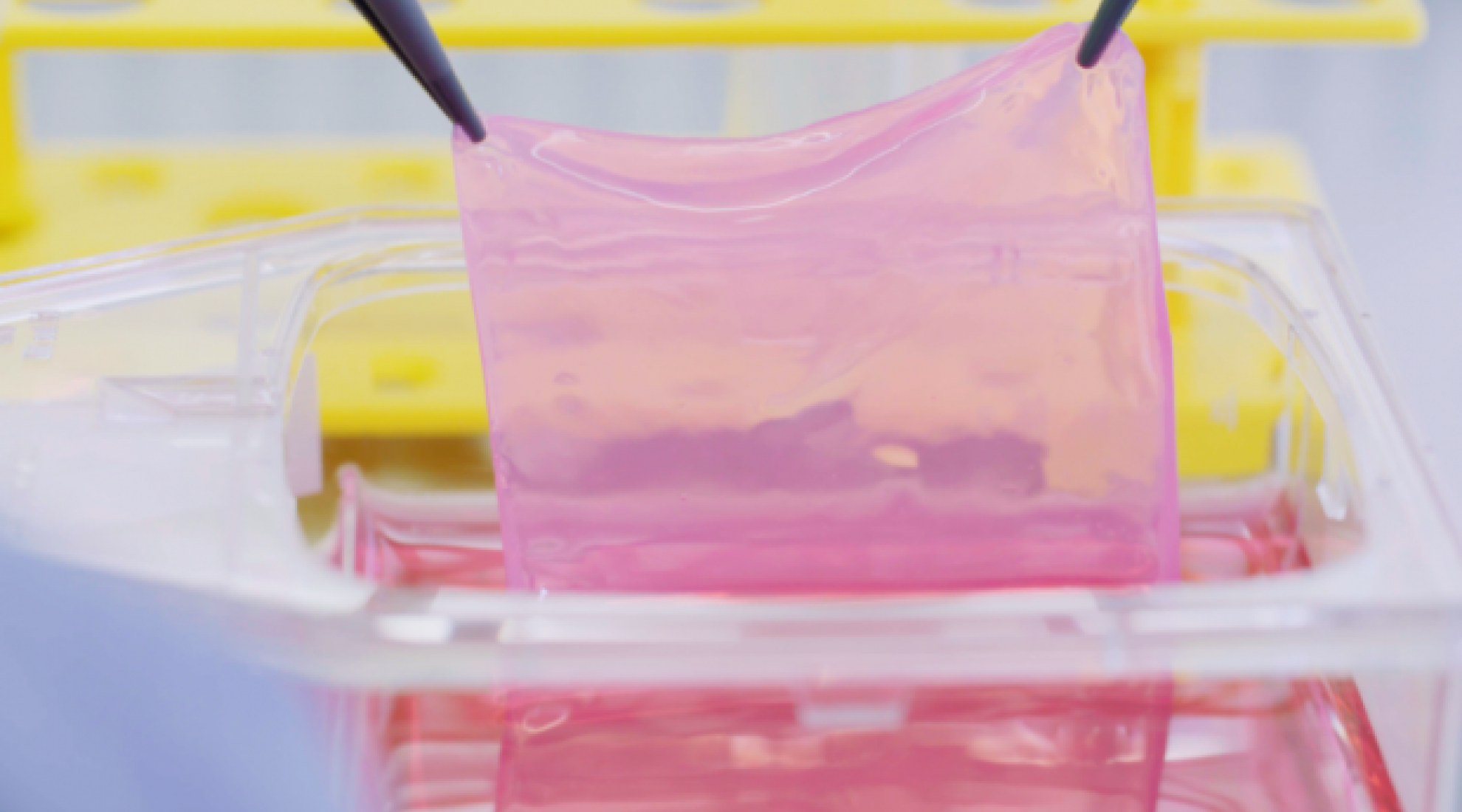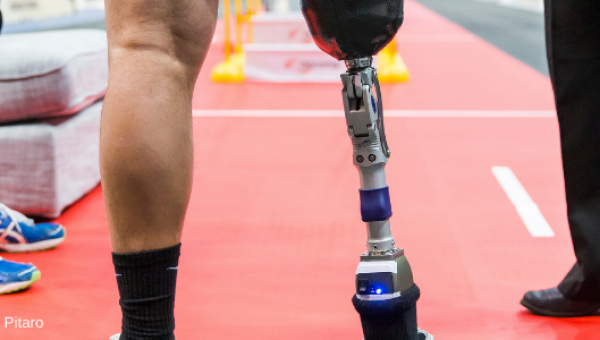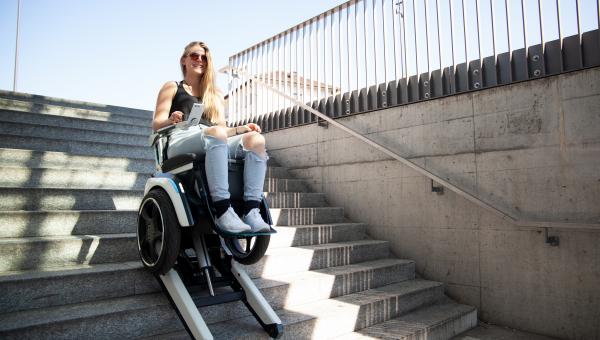Personalised skin substitute to treat skin injuries

Every year, 50 million people worldwide suffer from severe skin injuries such as burns or trauma and need a skin transplantation. Unfortunately, standard care often leads to disfiguring and debilitating scars. CUTISS uses a new technology to produce a personalised skin substitute based on a small biopsy from the patient.
The existing standard of skin care leaves patients with painful and permanent scars. Scar formation is at the heart of the existing method of skin tissue grafting. Scars often require intensive therapy, psychosocial rehabilitation and several follow-up surgeries. The world’s first personalised skin tissue therapy was created by CUTISS AG – a spin-off of the University of Zurich (UZH). After more than 15 years of research it became possible to bio-engineer large quantities of human skin grafts, called denovoSkin, from a very small piece of a patient’s skin taken from the back of the ear. The new technology, engineered in the Tissue Biology Research Unit of the University Children's Hospital Zurich, enables personalised large-area skin transplantation with only minimal scarring and no need for subsequent long-term medical interventions.
The path to a new skin
In order to apply the skin substitute, a biopsy is taken from a healthy part of the patient’s skin. The process involves the isolation of epidermal and dermal cells and their further multiplication in vitro. In combination with a hydrogel, a dermo-epidermal skin graft called denovoSkin is created. The skin substitute can be used by patients with burns or trauma requiring plastic or reconstructive procedures, as well as for patients with congenital malformations and chronic ulcers. denovoSkin is currently being tested in three Phase II clinical trials in Europe: burns in adults, burns in children and reconstructive surgeries in adults and children. The trials should be completed by the end of 2022.
Where will CUTISS be in five years?
DenovoSkin is classified as an 'advanced therapy medicinal product' and has been granted an 'orphan drug' designation by Swissmedic as well as its European and US counterparts EMA and FDA for the treatment of burns. The project is supported by the EU research and innovation programme Horizon 2020.
We have grown very quickly and want to continue to be at the forefront of our field. In five years, we would like to be treating patients in Europe and be ready for the American market. Skin defects due to burns are a problem especially in emerging countries like India or Brazil. So our goal is clearly to be global. Perhaps our 'Cutiss House' will become a 'Cutiss Tower' in a few years. You have to think big to achieve big things.
Daniela Marino and her team are currently working on a complex solution to provide continental modularised production systems, including worldwide logistics. In 2019, CUTISS won the Swiss Technology Award, the most important distinction for innovation and technology transfer in Switzerland, and in 2020 it led the Top 100 Swiss startups ranking.
The innovative Swiss biotech startup from Zurich intends to change the lives of millions of people for the better. The automated production of large-scale skin graft is making skin substitutes more reproducible and scalable, enabling access to therapies for clinicians all over the world. The goal is in sight after more than 15 years of research.




